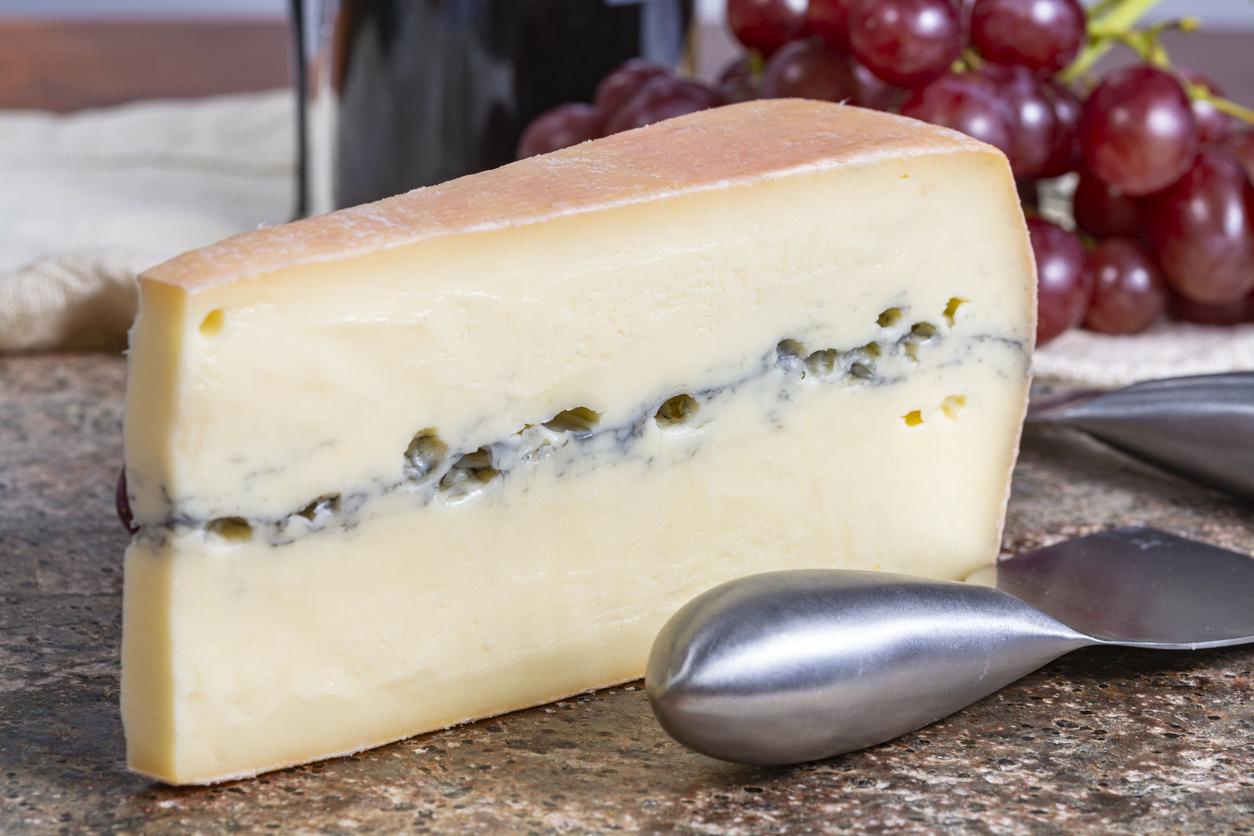Consume vegetables regularly is essential to stay healthy because of their vitamin, mineral and fiber content. The problem: Many people have not much time to prepare their lunches and dinners. “ More and more people want healthy food that can be prepared in a short time due to the rush and stress of everyday life. said Daniele Maffei, professor in the Department of Agribusiness, Food and Nutrition at the Luiz de Queiroz Faculty of Agriculture (ESALQ-USP) at the University of São Paulo, Brazil, lead author of a new study published within food.
This phenomenon explains why many people resort to ready-to-eat vegetables : they are cut, cleaned and sold in closed packages with labeling suggesting that they are ready to eat. Very often they are eaten raw.
New study warns consumers about bacteria pathogens likely to be found in these minimally processed vegetables: the researchers mention in particular the Listeria monocytogenes or Escherichia coli, likely to cause food poisoning.
“Prevalence rates ranging from 0.7% to 100%, 0.6% to 26.7% and 0.2% to 33.3%”
There are a variety of minimally processed vegetables such as leafy vegetables (arugula, lettuce, spinach…), cruciferous vegetables (broccoli and cauliflower…) and root vegetables (carrots, beets or even cucumbers).
Data from the study, presented on hygiene indicators, highlight pathogenic microorganisms, in particular Escherichia coli (the main indicator of faecal contamination), the Salmonella and the Listeria monocytogenes“ with prevalence rates ranging from 0.7% to 100%, 0.6% to 26.7% and 0.2% to 33.3% respectively “.
The study takes the opportunity to mention epidemics of foodborne illnesses associated with the consumption of fresh vegetables in Brazil between 2000 and 2021.
The solution to eating vegetables if you are in a hurry
Don’t have time to cook? You can bet on the frozen vegetables. It turns out that frozen produce can retain a greater amount of nutrients since it is frozen directly after harvest. If the freezing conditions are respected, there is no no loss of vitamins or minerals.
“ Raw foods retain all of their nutritional qualities when frozen. They keep their nutrients thanks to the cold », Explains Raphaël Gruman, nutritionist.
On the other hand, it is advisable to avoid frozen prepared meals (such as a ratatouille, a blanquette in sauce, a lasagna dish), because they are often too fatty, too sweet or too salty.

















